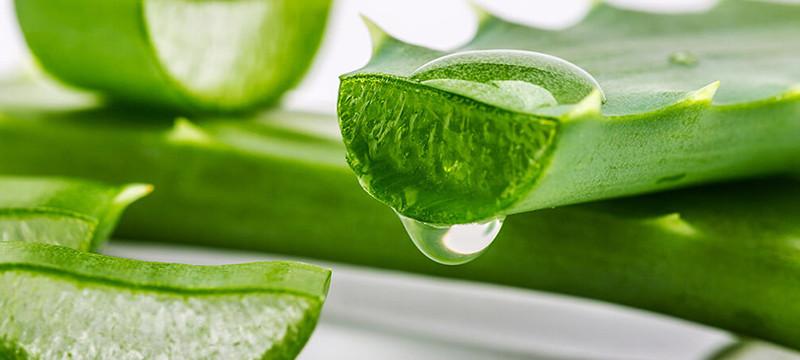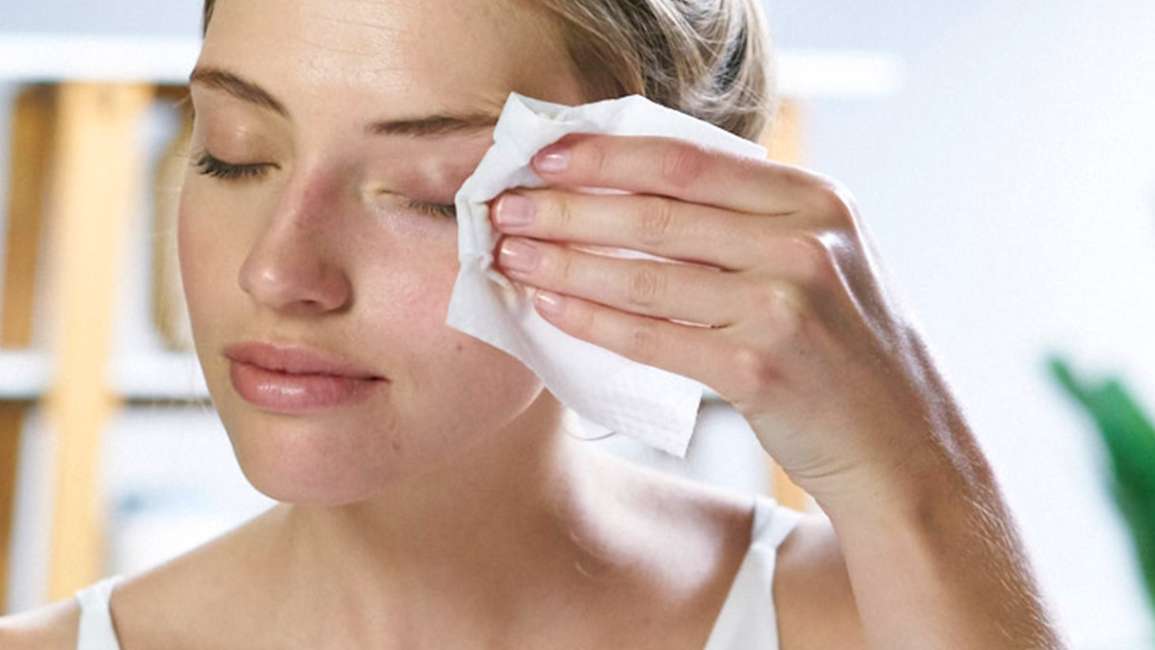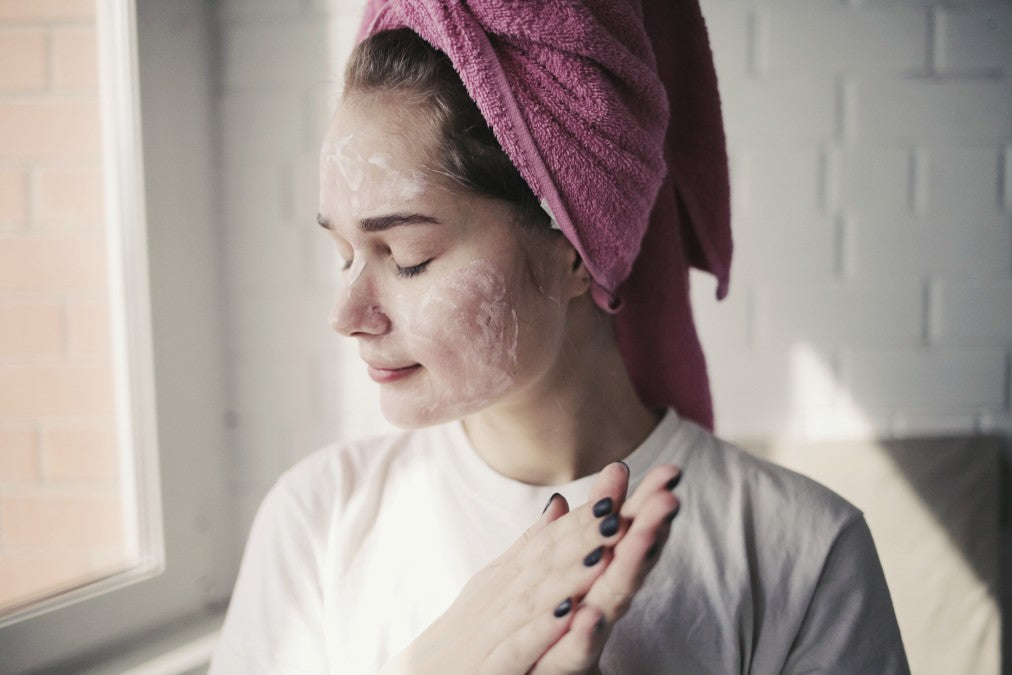
Effective natural home remedies for dry skin
If you have dry, itchy, scaly or uncomfortable skin, it’s time to do something about it – naturally. Of all the skin types out there, yours is the one that gets the quickest results from switching to a natural skincare regime.
Many people suffer from dry skin. It can be exacerbated by skin conditions like psoriasis or environmental concerns like pollution, cold weather and sunburn. Luckily, nature has provided us with a range of gentle solutions that will help your skin to stay calm and collected.
Macadamia oil
Using cold-pressed macadamia oil as a moisturiser helps to improve hydration. It’s nature’s antidote to dry skin, because it contains essential fatty acids, effective antioxidants, vitamins and other nutrients that combine to create the ultimate care kit. It’s also known to have anti-inflammatory properties, which helps with skin ageing concerns. If you don’t fancy using pure macadamia oil as an overnight treatment (makes a mess of your pillowslip!), try our Berry Blend night moisturiser with macadamia oil.
Olive oil
Olive oil is jam-packed with skin and health benefits. Studies show that fatty acids in extra-virgin olive oil help to reduce inflammation in your body, which is good for heart disease, metabolic syndrome, type 2 diabetes, age-related dementia, arthritis and even obesity.[1] Research also says that using olive oil as a face treatment is a sensible approach, if you want to stay comfortable in your own skin.[2] It’s been used since ancient times – Cleopatra was a big fan. If you’re using straight olive oil, choose high-quality, cold-pressed, extra virgin oil and apply just a few drops to clean, damp skin. Or simply switch to Okana’s day moisturiser, which contains olive oil as a key ingredient.
Oatmeal bath
Adding powdered oatmeal to a bath may help to alleviate dry, itchy skin that’s a problem all over. Extracts from oatmeal are anti-inflammatory and antioxidant, which helps to soothe and heal the skin’s outer layer. This is due to the presence of vitamin E, ferulic acid and avenanthramides. These work together and may help to reduce the itching associated with conditions such as psoriasis, dermatitis, and eczema. Oatmeal also has polysaccharides. These help to create a protective barrier on the skin that keep moisture in.
To prepare your bath, grind your oats to a point where they easily dissolve in water. Add from half to 1 1/2 cups of oats to the warm bathwater. Some people prefer to put the powder in a muslin bag or the foot of an old pair of tights to limit mess. Restrict the bath to 15 minutes and gently pat the skin dry afterwards.
Manuka honey
Many people already use manuka honey as part of their skincare routine. It’s healing, moisturising, anti-bacterial and anti-inflammatory, making it an easy-to-source solution for a range of skin complaints.
You can use honey in a number of ways, and it doesn’t have to be a sticky mess. Try a honey face mask by applying a layer of honey to freshly washed skin. Leave the mask on for 30 minutes and then wash off with tepid water. Or make a DIY exfoliator with honey and sugar – just be careful to scrub only lightly with circular motions.
Aloe vera
If you’ve ever had bad sunburn, you know that aloe vera gel can help to soothe and calm inflamed skin. Leaving the gel to soak into the skin is generally considered safe and has a range of benefits. One compound in aloe vera is acemannan, which is believed to supress inflammation and the enzymes that cause it.
Aloe vera also has anti-viral, anti-fungal and cell regenerative properties, so it can work in with existing skin routines to assist with healing, soothing and moisturising. The polysaccharides that occur naturally in aloe vera gel help to lock in moisture, while the stimulation of fibroblast activity helps to increase collagen and elastin fibres that keep skin elastic.
Be gentle and your skin will be thankful
There are a number of other things you can do to keep your dry-type skin healthy and moisturised. Actions such as showering only once a day, avoiding too-hot water and patting yourself dry gently can make a difference. Also, shave with a sharp razor and use a gentle shaving cream to minimise razor burn.
Generally, avoid extremes of heat or cold; either sitting too close to a heater or fire or spending long periods outside in cold weather. Most of all, always prepare your skin for daytime assaults with a gentle cleanse-tone-moisturise-sunscreen routine.
[1] https://www.healthline.com/nutrition/11-proven-benefits-of-olive-oil#section3
[2]https://abcnews.go.com/Health/SkinCare/top-moisturizers-dry-skin/story?id=18629073




Leave a comment
This site is protected by hCaptcha and the hCaptcha Privacy Policy and Terms of Service apply.